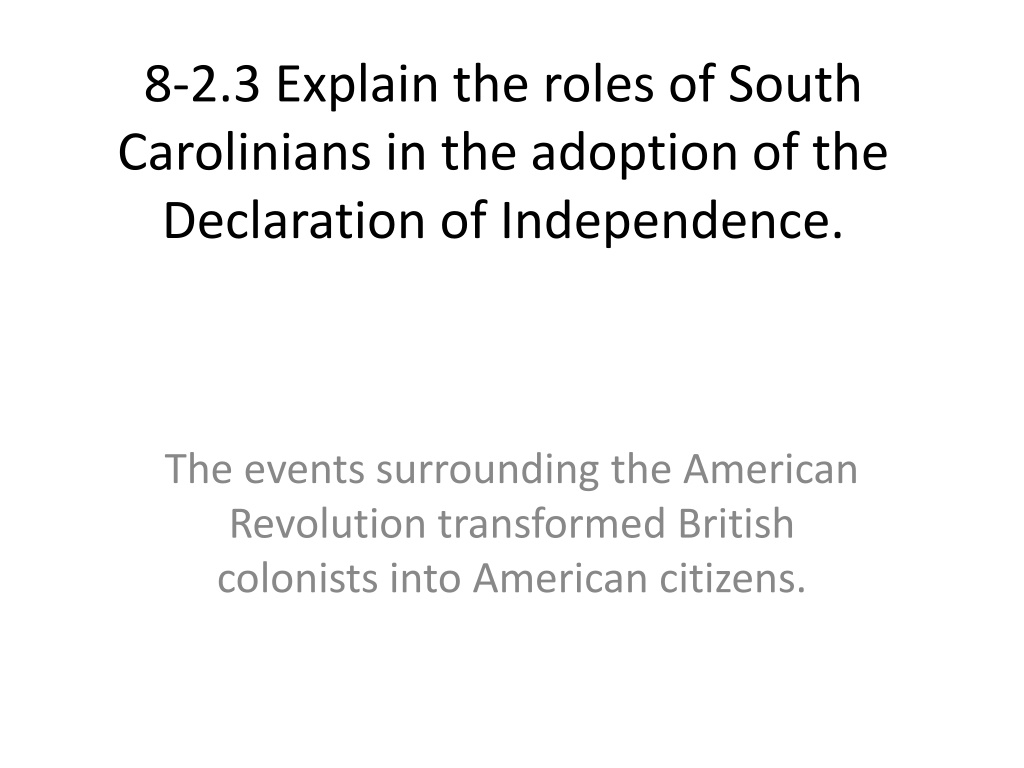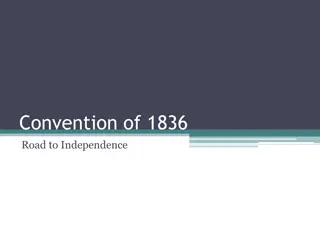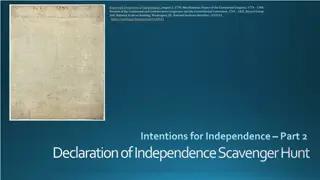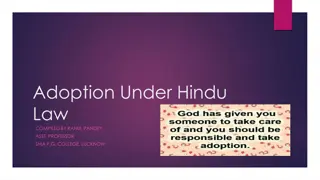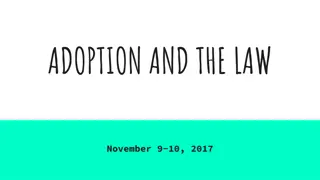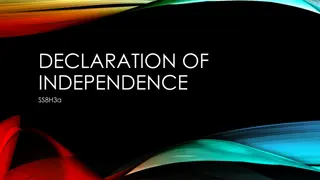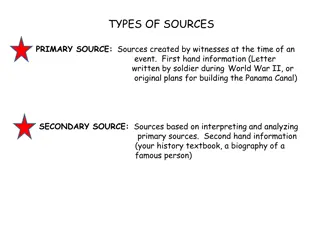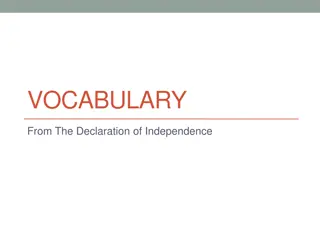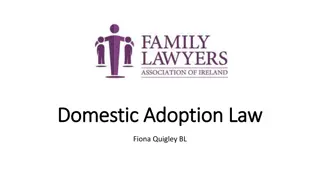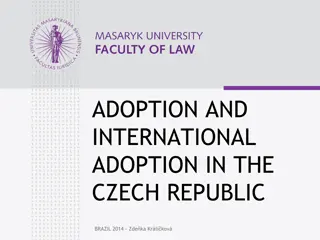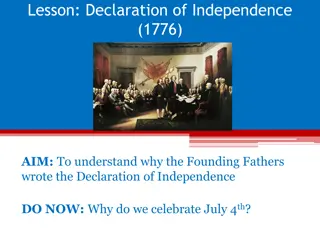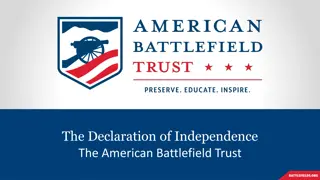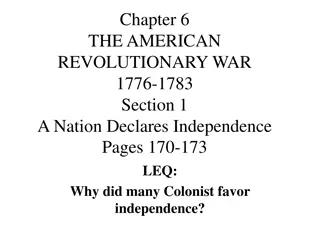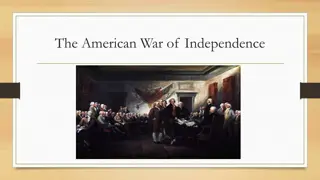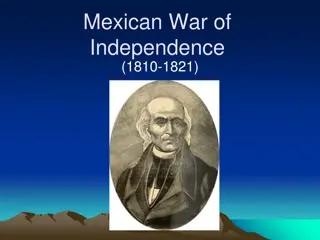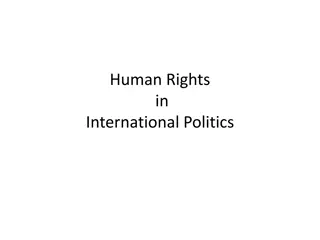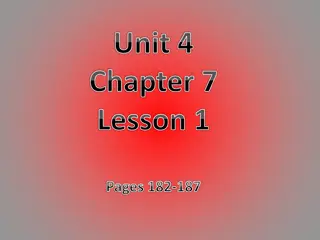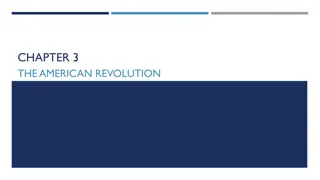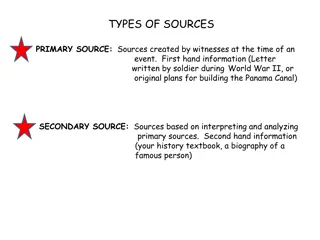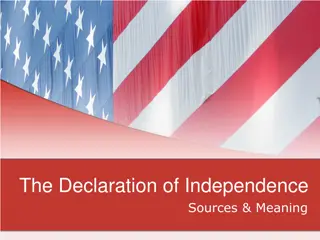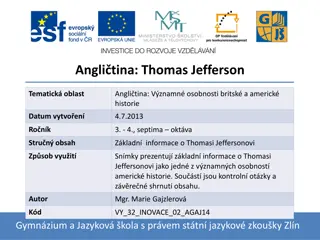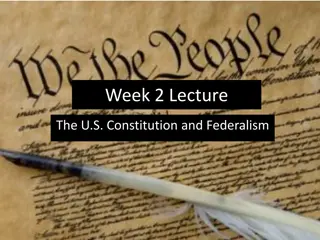Roles of South Carolinians in the Adoption of the Declaration of Independence
South Carolinians played crucial roles in the adoption of the Declaration of Independence during the American Revolution. Delegates from South Carolina participated in the Second Continental Congress where the Declaration was debated and signed, affirming the United States' intent to break away from British rule. The Declaration emphasized fundamental human rights and listed grievances against King George III, ultimately leading to the formal statement of independence and the birth of a new nation.
- South Carolinians
- Declaration of Independence
- American Revolution
- Second Continental Congress
- Independence
Download Presentation

Please find below an Image/Link to download the presentation.
The content on the website is provided AS IS for your information and personal use only. It may not be sold, licensed, or shared on other websites without obtaining consent from the author. Download presentation by click this link. If you encounter any issues during the download, it is possible that the publisher has removed the file from their server.
E N D
Presentation Transcript
8-2.3 Explain the roles of South Carolinians in the adoption of the Declaration of Independence. The events surrounding the American Revolution transformed British colonists into American citizens.
Second Continental Congress South Carolinians served as delegates to the Second Continental Congress when the Declaration of Independence was debated in Philadelphia, which included representatives from all 13 colonies. 56 men signed the Declaration. Thomas Jefferson was the primary author, with Benjamin Franklin, Roger Sherman, John Adams, and Robert R. Livingston helping out.
Declaration of Independence The Declaration of Independence was written in 1776 to formally announce that the United States intended to remove itself from the British Empire and become its own country. It was ratified in July 1776 by the Second Continental Congress.
Declaration Of Independence 1stPart Basic Human Rights WE hold these truths to be self-evident, that all men are created equal, that they are endowed by their Creator with certain unalienable Rights, that among these are Life, Liberty, and the pursuit of Happiness. Inalienable rights are human rights that are fundamental and cannot be taken away by any government. The purpose of government is to ensure that people have these rights.
2nd Part listed grievances He (King George III Of England) has refused his Assent to Laws, the most wholesome and necessary for the public good. He has forbidden his Governors to pass Laws of immediate and pressing importance, unless suspended. King George III and the British government behaved unfairly.
3rdpart Formal Statement of Independence That these United Colonies are, and of Right ought to be free and Independent States; that they are Absolved from all Allegiance to the British Crown, and that all political connection between them. The Colonies intend to form a new nation. Sine Britain would not listen to their complaints, the colonists claim their independence and their ability to set up their owngovernment.
Activities Reading Like a Historian- Declaration of Independence http://sheg.stanford.edu/declaration-independence Video Too Late to Apologize: A Declaration http://www.youtube.com/watch?v=uZfRaWAtBVg Analyze the lyrics comparing them to the acts passed during the colonial period.
